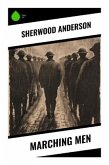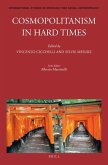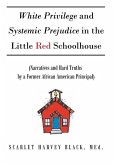In "Hard Times," Charles Dickens presents a sharp critique of the industrial revolution and its dehumanizing effects on society. Set in the fictional town of Coketown, the narrative navigates the lives of its inhabitants, particularly emphasizing the struggles of the working class through a vivid portrayal of utilitarianism. Dickens employs a stark, realist literary style infused with his characteristic social commentary, painting a bleak picture of a world governed by rationality devoid of compassion. Through a weave of character arcs-including the driven Gradgrind and the oppressed Stephen Blackpool-Dickens explores themes of education, industrialization, and moral integrity, highlighting the stark divide between social strata in a rapidly transforming England. Charles Dickens, a prominent figure in Victorian literature, often drew from his own experiences of hardship and social injustice. Growing up in a poor family and witnessing the grim realities of factory life, Dickens developed a passionate advocacy for social reform, which is profoundly reflected in "Hard Times." This novel serves as a testament to his commitment to illuminate the struggles of the impoverished while questioning the moral implications of progress in a mechanical age. Readers seeking a profound social commentary will find "Hard Times" not only a compelling narrative but also a thought-provoking exploration of ethics, education, and the human condition amidst industrialization. Dickens's masterful storytelling invites reflection on contemporary parallels, making this work an enduring classic that resonates with modern audiences.
Bitte wählen Sie Ihr Anliegen aus.
Rechnungen
Retourenschein anfordern
Bestellstatus
Storno








